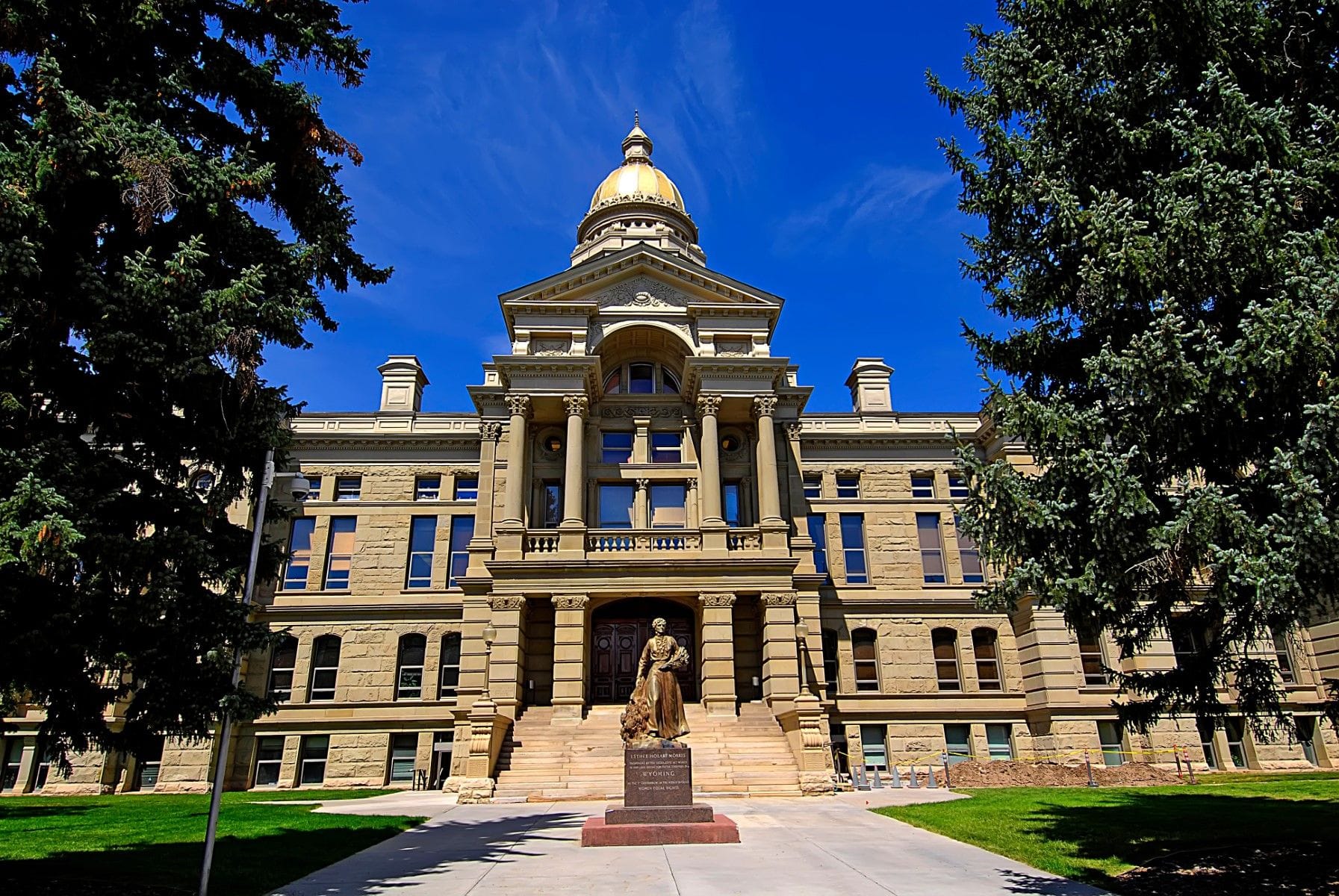Wyoming Expert Witness Disclosure Requirements
Wyoming's expert witness disclosure rules ensure trial fairness, emphasizing timely and detailed disclosures to uphold judicial integrity and mitigate risks.
Updated on
In this article
When Are Expert Witness Disclosures Required in Wyoming?
In Wyoming, expert witness disclosures are governed by the Wyoming Rules of Civil Procedure (WRCP). These rules set forth specific timing requirements for disclosing expert witnesses to ensure fair trial preparation for all parties involved. According to WRCP 26(a)(2), parties must disclose the identity of any expert witness expected to testify at trial at least 90 days before the trial date. This initial disclosure timeline allows opposing parties adequate time to prepare for cross-examination or rebuttal.
Additionally, supplemental disclosures are required if there are changes in the expert's opinions or the bases for those opinions. The WRCP mandates that any updates or corrections to the initial disclosures be made in a timely manner, generally within 30 days after the information is available. However, the court may impose specific timelines based on the complexity and needs of the case, emphasizing the importance of adhering to any court-ordered schedules.
Information That Must Be Included in the Disclosure
Wyoming's expert witness disclosure requirements are comprehensive, ensuring that all pertinent information is shared. According to WRCP 26(a)(2)(B), the disclosure must include:
- Expert Qualifications: A detailed account of the expert's credentials, including education, training, and professional experience.
- Expert Opinions: A summary of the expert's opinions and the rationale behind them, providing a clear understanding of their conclusions.
- Bases for Opinions: An outline of the data and methodologies used to form the expert's opinions, ensuring transparency and reliability.
- Data Considered: A list of all materials and information reviewed by the expert in forming their opinions.
- Fee Structures: Disclosure of the compensation arrangement with the expert, which can include hourly rates, retainer fees, or other financial agreements.
- Prior Testimony: A record of the expert's previous testimonies in the past four years, including case names and jurisdictions, to assess potential biases or conflicts of interest.
Supplementing and Amending Expert Disclosures
The duty to supplement or amend expert disclosures in Wyoming is crucial to maintaining the integrity of the judicial process. Under WRCP 26(e), parties are required to update their disclosures if new information arises or if there are changes to the expert's opinions. Supplementation must occur promptly, with the WRCP suggesting a 30-day window to provide updated information.
Failure to appropriately supplement or amend disclosures can lead to significant consequences. Courts may impose sanctions or exclude the expert's testimony if a party fails to disclose changes in a timely manner. Therefore, maintaining open communication and promptly addressing any modifications in expert testimony is essential for compliance.
Consequences of Failing to Properly Disclose an Expert
Non-compliance with expert witness disclosure requirements in Wyoming can result in severe penalties. The WRCP provides courts with discretion to impose sanctions, including:
- Exclusion of Testimony: The court may prevent the expert from testifying if the disclosure rules are not followed, which can severely impact a party's case.
- Motions to Strike Experts: Opposing parties may file motions to exclude expert testimony, arguing that insufficient or untimely disclosures prevent fair trial preparation.
- Sanctions: The court may impose financial penalties or other sanctions on the non-compliant party, further complicating the litigation process.
Moreover, inadequate disclosures may undermine a party's credibility, potentially influencing the court's perception and the overall outcome of the case. Therefore, meticulous adherence to disclosure rules is vital for effective litigation strategy.
State-Specific Rules and Key Considerations
Wyoming's expert witness disclosure rules align closely with the Federal Rules of Civil Procedure (FRCP), but with notable distinctions. For example, while the FRCP allows for broader discovery processes, Wyoming adheres to a more restrained approach, emphasizing efficiency and minimizing litigation costs.
Key considerations for legal professionals in Wyoming include:
- Local Court Rules: Some Wyoming courts may have additional local rules or practices affecting disclosure timelines or requirements, necessitating careful review of jurisdiction-specific guidelines.
- Strategic Timing: Given Wyoming's specific disclosure timelines, strategically planning the timing of disclosures can enhance litigation preparedness and negotiation leverage.
In conclusion, Wyoming's expert witness disclosure rules require careful attention to detail and adherence to prescribed timelines. By understanding and complying with these requirements, legal professionals can effectively manage expert testimony and mitigate potential litigation risks.


